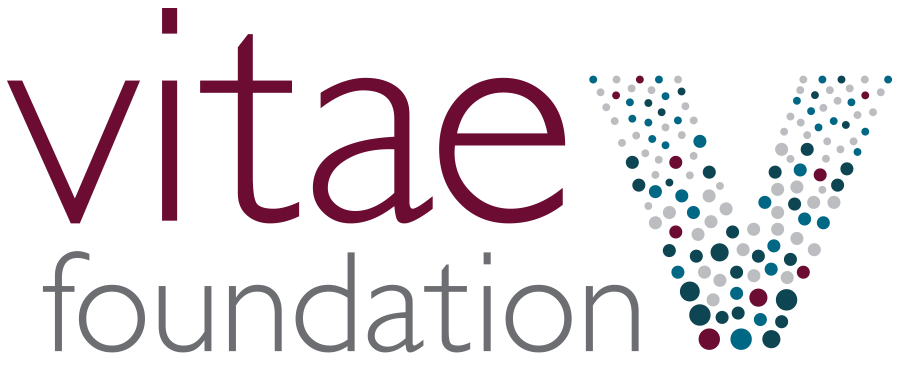You see, even though I had worked in the Pro-Life Movement for over a decade during that phase of my life, I still felt ill-equipped to answer questions from those who might disagree with me. I justified it by saying I was much better at showing people my values rather than sharing about them, which has some truth to it. In fact, I have often said, “If your actions do not match your loudly proclaimed values, then they are not really your values.”
However, several years ago, I sat in a national pro-life meeting, and I recognized a glaring flaw in my justification I mentioned above. Sharing about your pro-life values and showing people about your pro-life values through your actions are not mutually exclusive. In fact, they need to be paired together to be most effective. How can we expect to hold our ground with our values if we aren’t talking about them with anyone who will listen with an open mind and heart?
From that moment in the meeting, I vowed to make a change. I searched to find the most effective ways to have open dialogue with anyone who would entertain a positive, thought-provoking conversation with me . . . and I found the answer with Vitae Foundation’s timeless Emotional Research.
In case you have found yourself in similar situations where you have shied away from sharing, I will share three quick tips I learned along the way that you can also use!
1) Learn. Learn. Learn some more.
Part of my hesitation for engaging with people about pro-life issues came from the fear of not knowing how to respond about the difficult cases—but I don’t know if you have noticed—the pro-abortion side NEVER stops talking about anything AND everything. When we don’t speak up, they have all of the power to influence culture. You can find all kinds of educational resources on our website at vitaeresearchinstitute.org to learn more about how to respond with care, dignity, and compassion to difficult situations like rape, health of the mother, and more. You will feel more confident to share with others when you are prepared to answer the hard questions with eloquence, kindness, and accuracy.
2) Love people enough to tell them the truth.
Complete transparency: I am a reformed people pleaser. Part of my own journey in this movement has included telling people things they simply do not want to hear. At Vitae, we recently created stickers that say, “Love people enough to tell them the truth,” and I have to tell you this theme has been an absolute game changer for me. It establishes the framework to care enough to share the truth with others, but it also serves as a reminder to do it wrapped in love. Vitae Foundation’s research has shown effective ways to communicate with honesty and compassion within our circles of influence with our Pro-Woman Approach.
3) Build bridges where and when possible.
I studied the psychology of communications in college, and while that was a long time ago, some things really stuck with me, including the importance of finding ways to affirm people with whom you may have disagreements. The key to effective communication in this situation is to establish common ground that will give you the ability to build a positive foundation and framework for potentially transformative communication. So many times, we rush to just spit out facts that we skip this step, and our communication falls flat when people feel talked at instead of talked with. Now, this may seem difficult when communicating with people who are seemingly aggressively pro-abortion, but when we remember that as humans, we naturally have commonalities, we can find ways to make this happen.
Here are a couple of phrases I often use when trying to build bridges:
“I can hear what you’re saying but have you considered . . . ”
“I really admire your passion. I can tell you really care about this issue. I do, as well . . . ”
The key to the success of this strategy is that you aren’t being disingenuous when you are affirming them but you are helping them understand that you want the conversation to be productive and civil. This creates the opportunity for you to change hearts and minds.
Now this is a simple list for a complex issue, but I hope you can use these tips to maximize opportunities to share your pro-life values with your words and your actions. Vitae Foundation’s research has transformed the way I communicate with others about the Pro-Life Movement, and I hope you will use the research to be able to do the same! Together, we can change hearts and minds to create a culture of life and make abortion unthinkable.
Brandy Meeks
President/CEO

